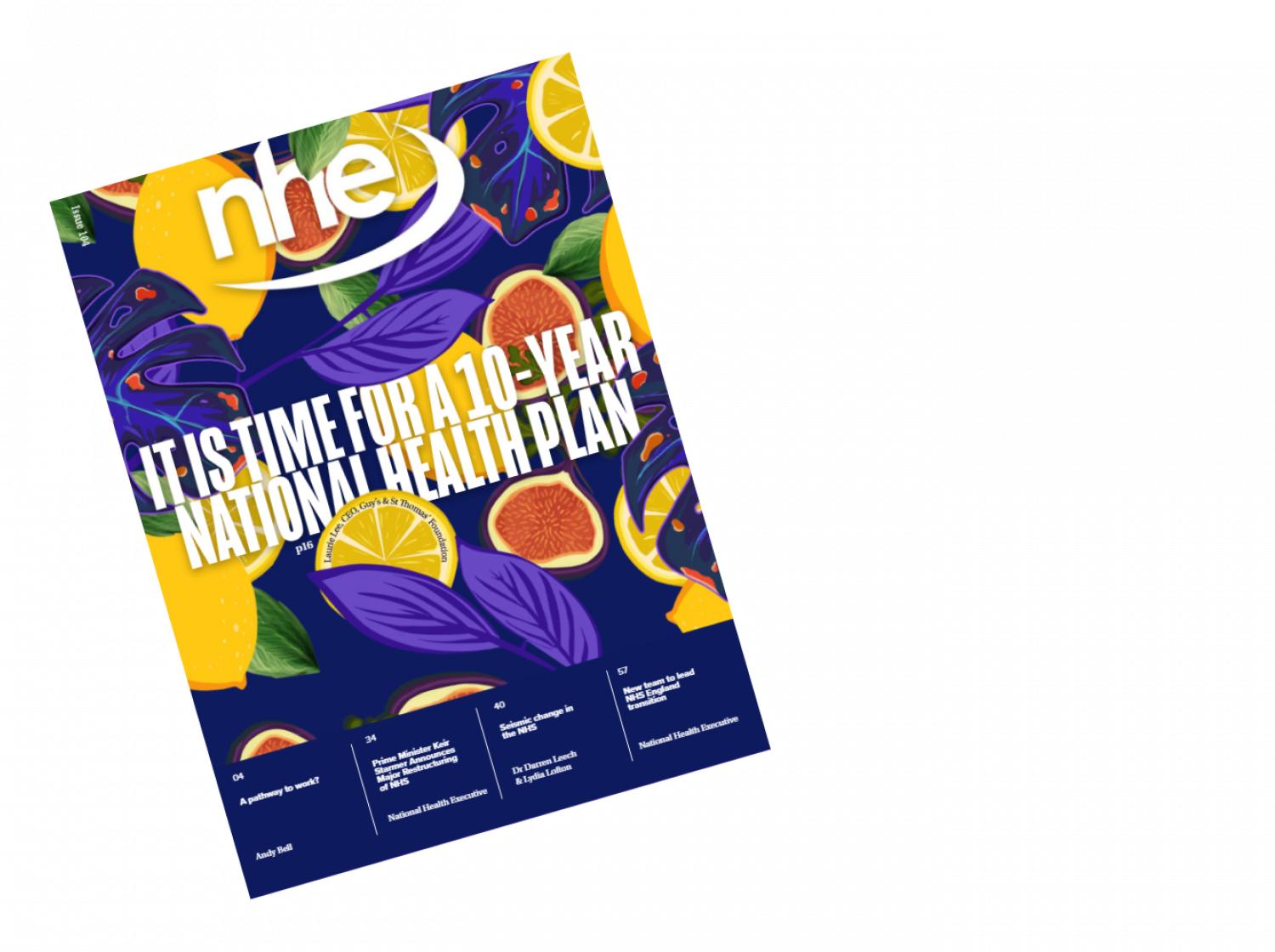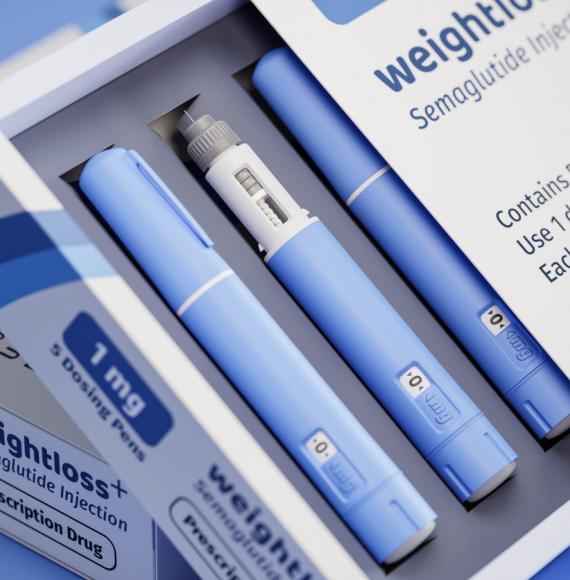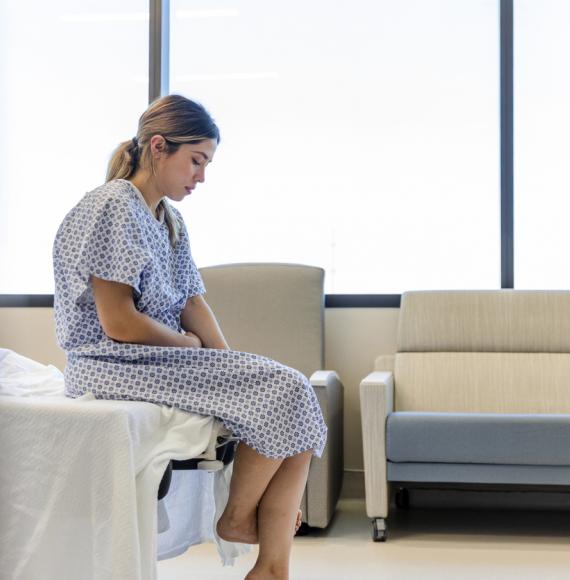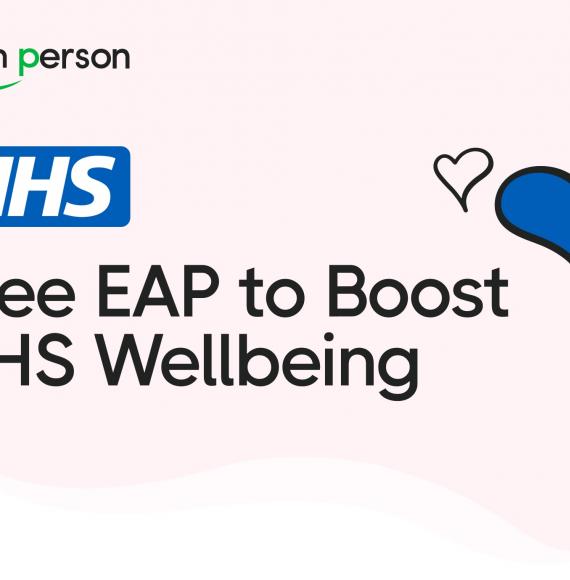A new £7.5m funding pot has been announced to support 38 NHS trusts to implement digital shift scheduling across hospitals, clinics and pharmacies, allowing staff to spend a greater amount of time with patients.
During the Covid-19 pandemic, e-rostering has proven instrumental when redeploying staff, reporting absences and managing working hours and pay information - in particular for vaccine centres. NHS trusts have also reported increased interest from clinicians in implementing e-rostering as a result.
E-rostering allows clinicians to select shifts digitally, providing them with a greater degree of flexibility and efficiency with work schedules.
Implementing digital staff passports, NHS trusts can also ensure specific skillsets can be more easily matched to the right shifts when redeploying staff. The passports are currently being piloted in NHS settings around the country and aim to save staff and HR teams time by providing a verified record of identity, employment and training on their smartphone.
These digital staff passports have been used during Covid-19 to help support the rapid redeployment of staff to support areas in need.
One of the functions of e-rostering - caseload scheduling - was shown in a 2018 study to potentially save each NHS clinician 34 minutes a week, which can add up to hundreds of hours per trust. By planning routes between healthcare settings or to patients’ homes for home visits, clinical resource can be geographically matched so NHS staff spend less time travelling and more time with their patients.
Announcing the new funding, Minister of State for Care Helen Whately said: “People are at the heart of the NHS. Our doctors, nurses and other healthcare workers are the greatest asset we have. I’m determined to help NHS trusts get the best out of our talented healthcare workers and give patients the care they deserve.
“We’re delivering on another commitment in the NHS Long Term Plan to support the use of electronic rosters. E-rostering is a crucial tool to make the most of our dedicated healthcare professionals’ time for looking after patients – something which is needed more than ever during this pandemic.
“Managing shifts more effectively also makes it easier to work flexibly, giving our hardworking clinicians a better work/life balance. I’m pleased even more trusts will now benefit thanks to this £7.5 million funding boost.
“I’m excited to see how this technology can be implemented in the future, not just in hospitals and pharmacies, but in social care too – making sure everyone gets the right care at the right time.”
A full list of funding awarded can be viewed below:



















